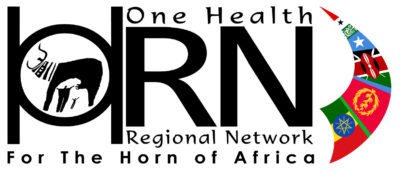Diarrhoea is one of the most important causes of morbidity and mortality, particularly in infants and young children. In Ethiopia, diarrhoea is the second most important cause of mortality in children.
The objective of the proposed research is to determine the occurrence, antimicrobial resistance profile, and risk factors of selected diarrheagenic bacteria in the human-animal-environment interface.
Case-control design, involving 151 cases and 151 controls, will be conducted. Zoonotic diarrheogenic bacterial pathogens Salmonella, Eschcheria coli, and Campylobacter will be isolated from children who visit Butajira health centre. Parents/ guardians will be interviewed at the health centres, and a follow-up home visit for observational and questionnaire-based study will be conducted on the case and control groups. Stool, water, animal faeces, indoor dust and household water samples will be cultured for bacteria and antimicrobial sensitivity testing.
Based on generated data, determinants of diarrhoea will be assessed. Based on the AMR profiles, the direction of pathogen flow will be estimated.

